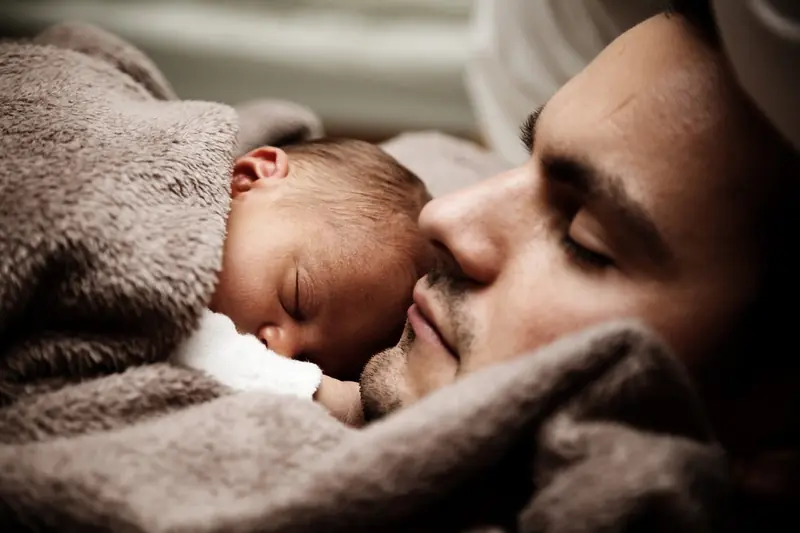
A new study by Norwegian researchers reveals that men with higher IQs tend to become fathers later in life compared to those with lower intelligence. Surprisingly, experts also found that these men may have more children despite their later fatherhood.
The Link Between Intelligence and Male Fertility
To investigate how male fertility patterns differ across cognitive groups throughout life, researchers utilized extensive Norwegian administrative registers. Their sample included over 900,000 Norwegian men born between 1950 and 1981, all of whom took an army enlistment test during their teenage years.
The data analysis showed that men with higher IQs had their first child at an older age. They also had more children overall, while the group with lower IQ scores exhibited significantly higher rates of childlessness.
 As noted by lead author Ole Rogeberg in an interview with Earth, men with higher IQs had their first child at an average age of 30 and typically had two children. In contrast, men with lower intelligence levels had their first child at an average age of 27.
As noted by lead author Ole Rogeberg in an interview with Earth, men with higher IQs had their first child at an average age of 30 and typically had two children. In contrast, men with lower intelligence levels had their first child at an average age of 27.
Other Factors Beyond IQ
However, according to medical sociologist Nikki Hudson, who leads the Center for Reproductive Research and did not participate in Rogeberg’s study, other factors besides IQ can influence male fertility. Education and career status also play a significant role.
Hudson believes that the study’s findings suggest that individuals who spend more time in education or belong to higher-income groups may have children later. However, this differs from the notion that childbearing is linked to some inherent level of intelligence.
As Hudson points out, research from her center indicates that men’s decisions about having children are often influenced by the challenges of finding a partner. This is a similar reason to that faced by women.
Moreover, with the rising cost of living and increased job insecurity, it’s no surprise that potential parents may postpone having children until they feel more financially stable. Overall, it’s important to note that many factors affect male fertility, ranging from physical and mental health to lifestyle and age.
Age and Male Fertility
Despite the findings from their Norwegian counterparts, Create Fertility director Hita Nargunt warns that age can significantly impact fertility for both men and women. For a long time, fertility and the “biological clock” were viewed solely as women’s issues. However, nearly half of infertility cases involve male factors as well.
While men can remain fertile for most of their lives, their fertility begins to decline somewhat after the age of 40-45. Media headlines often feature celebrity fathers like Robert De Niro or Al Pacino having children at an advanced age. However, Nargunt explains that these stories represent a minority and are not the norm.
 Children born to fathers over 45 are five times more likely to have autism spectrum disorders. Additionally, they are 13 times more likely to be diagnosed with attention deficit hyperactivity disorder (ADHD). The risk of miscarriage for women with partners over 45 is twice as high compared to those whose partners are under 25.
Children born to fathers over 45 are five times more likely to have autism spectrum disorders. Additionally, they are 13 times more likely to be diagnosed with attention deficit hyperactivity disorder (ADHD). The risk of miscarriage for women with partners over 45 is twice as high compared to those whose partners are under 25.
Thus, further research into fertility is needed to clarify the actual relationship between intelligence, age, and fatherhood in men. Experts also emphasize the importance of raising awareness about the various biological limitations that older individuals may face if they wish to become parents.
